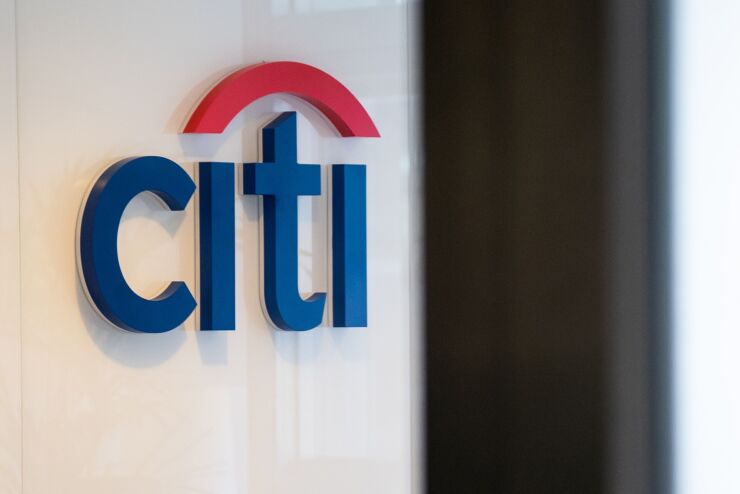The United Arab Emirates is one of the fastest-growing destinations for wealthy consumers, and this has spurred Visa to introduce a premium service in the region.
Visa Private includes lifestyle and retail incentives, such as airport lounge access, concierge service, Harrods Gold tier membership and discounts at beach clubs and offers at Club Med.
At the same time, more than 9,000 high net worth people are expected to relocate to the UAE in 2025, according to Henley & Partners, a U.K.-based firm that offers relocation services. That would attract $63 billion in wealth, according to the firm.
Visa plans to expand the service to other Gulf Corporation Council nations, including Saudi Arabia and Bahrain. Governments in the region are
"By giving high-net-worth individuals a seamless way to pay and a richer set of experiences when they do, we are helping our partners deepen customer relationships and supporting the UAE government's wider digital commerce agenda," Yuri Topunov, vice president and head of products and solutions for MENA [Middle East and North Africa] for Visa, in a release. —John Adams

Google adds to its network of government payment rails
The Saudi Central Bank has launched Google Pay, which will be available on Mada, the country's national payment system.
Users can add Mada cards through the Google Wallet app, which manages credentials while Google Pay supports payments.
The Saudi government said adding Google Pay is part of its broader digital financial services strategy, which is relying on digital payments and mobile wallets to expand access to banking.
Like other countries in the region, Saudi Arabia recruits international fintechs and operates development labs to enable Western firms to establish a local foothold. In the past week, Visa added its card acceptance technology to a local cloud in Saudi Arabia while Ant announced it would introduce the Alipay+ digital wallet in Saudi Arabia in 2026.
For its part, Google has long used integration with national payment rails to build a network for its digital wallet and payment services.

Lloyds' cash access play shows early results
Lloyds customers have deposited about $1.4 million by using a product that enables deposits at local merchants as part of an effort to accommodate the loss of bank branches.
The bank is using a
Lloyd's has been PayPoint's merchant acquiring partner for about a year.
U.K. banks have tried several options to

Brex teams up with DoorDash for cardholder benefits
Brex has struck a deal with DoorDash for Business to provide the on-demand delivery app's subscription service DashPass to U.S.-based
"In an era where companies from startups to enterprises are hyper-focused on increasing productivity, DoorDash is already a Brex customer favorite," said Jason Mok, vice president, startups and strategic partnerships at Brex.
About 29% of Brex cardholders made at least one transaction on DoorDash in 2024. And in July, DoorDash transactions accounted for roughly 38% of total food delivery spend on Brex cards, according to Brex. —Joey Pizzolato

U.K.-based card reader fintech SumUp mulls public listing
London-based card reader company SumUp is reportedly considering an initial public offering in New York or London, according to the
The possible IPO would give SumUp a valuation between $10 billion and $15 billion and provide the payments company with cash to acquire competitors.
The listing would come as other payment companies look toward U.S.-based exchanges for access to capital. Digital remittance provider Wise has been considering

Portuguese payment provider Sibs buys Polish payments company ITCard
Portugal-based payments giant Sibs has agreed to acquire Polish payment service operator ITCard for an undisclosed amount.
"Sibs' acquisition of ITCard represents a key step in consolidating our European presence and in delivering long-term value for our clients and partners," said Sibs Chief International Officer Rui Lima in a statement.
ITCard offers ATM services under the Planet Cash brand, electronic payment processing through the Planet Pay terminal network, and issuance and maintenance of Visa and Mastercard cards, according to Sibs.
The acquisition will bring more than 20,000 ATMs and 827,000 POS terminals under Sibs management, according to DL Piper, a global law firm that advised on the acquisition. ITCard's 470 employees will join Sibs, according to Sibs. —Joey Pizzolato

Ex-Citi head trader Heyes banned in Hong Kong for five years
Hong Kong's securities regulator banned Richard Heyes, a former Citigroup head trader, for five years, the latest twist in a long-running saga that the bank has struggled to move past.
Heyes used to be head of Pan-Asia Equities at Citigroup Global Markets Asia before he retired in 2020. The Securities and Futures Commission said on Tuesday that he is banned from re-entering the industry until Sept. 14, 2030.
His lapses include failing to ensure that adequate policies and system controls were in place, and that proper training had been provided to traders, according to the regulator. It said Heyes also exerted "significant pressure on the trading desks" to grow market share, "while failing to be vigilant for telltale signs that his subordinates were achieving this by dishonest means." —Kiuyan Wong and Cathy Chan, Bloomberg

Klarna CEO eyes $1B wealth revamp after U.S. listing
Klarna Group Chief Executive Officer Sebastian Siemiatkowski is overhauling how he controls his roughly $1.1 billion stake in the financial technology firm, lining up a major revamp for his biggest asset just days after its listing in New York.
Flat Capital AB, the publicly listed investment firm Siemiatkowski controls with his wife and other ultra-wealthy investors, proposed acquiring Double Sunday AB, which owns 6.5% of Klarna and is currently wholly owned by Siemiatkowski, according to a statement. The deal values Double Sunday at 9.5 billion Swedish kronor ($1.03 billion).
The transaction could transform Flat Capital into one of the 100 largest listed companies in Sweden and would give Siemiatkowski more investing firepower to go out and pursue ambitious deals, while also simplifying the holding structure for his biggest asset. —Aisha S Gani and Ben Stupples, Bloomberg






